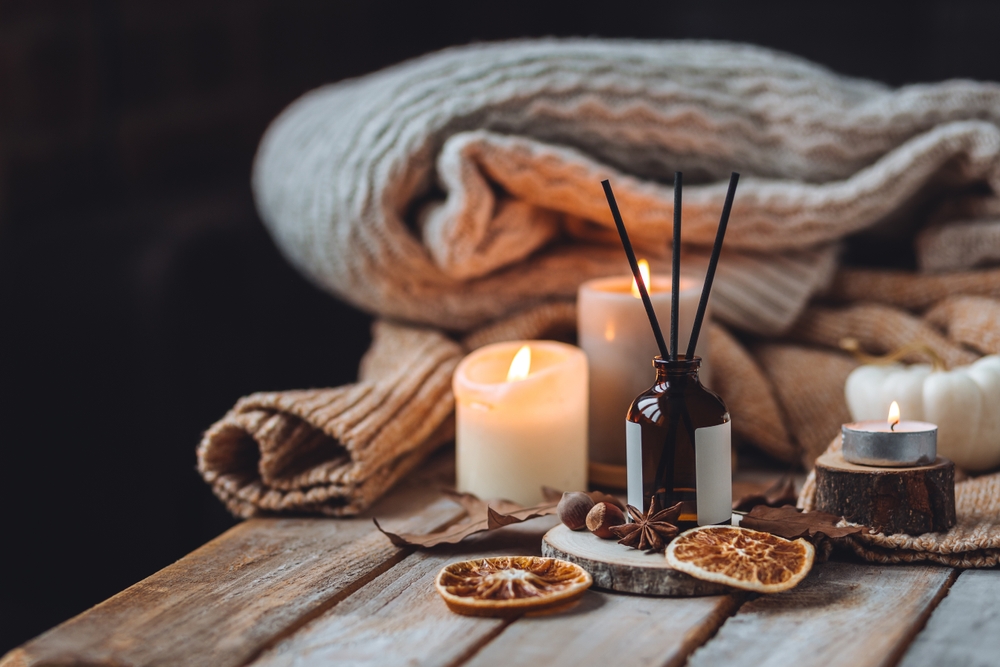Revealing the Healing Power of Aromatherapy: An In-depth Exploration
Have you ever wondered why certain scents can evoke powerful memories or alter your mood? Welcome to the fascinating world of aromatherapy—a holistic health practice that harnesses the power of natural plant extracts to promote well-being. Let's delve into its history, scientific credibility, and how it fits into current health trends.

A Brief History of Aromatherapy
Although aromatherapy is often associated with modern wellness movements, its roots stretch back thousands of years. Many ancient civilizations, including the Egyptians, Greeks, and Romans, used aromatic plant compounds in their rituals, cosmetics, and medicines. However, it was only in the early 20th century that the term “aromatherapy” was coined by French chemist René-Maurice Gattefossé, who discovered lavender’s healing properties following a laboratory accident.
Aromatherapy Today: Scientific Developments and Current Trends
Today, aromatherapy is recognized as a complementary health practice by the National Center for Complementary and Integrative Health (NCCIH). Numerous scientific studies suggest that certain essential oils can have therapeutic effects, such as reducing stress and promoting sleep. However, the research is still evolving, and more rigorous clinical trials are needed to fully understand the mechanisms and potential applications of aromatherapy.
The Science Behind Aromatherapy: How Does It Work?
Aromatherapy works by stimulating smell receptors in the nose, which send messages through the nervous system to the brain. Different essential oils trigger different responses in the brain, which can influence physical and emotional wellbeing. For example, lavender essential oil is believed to promote relaxation by influencing the area of the brain responsible for controlling emotions.
The Benefits and Challenges of Aromatherapy
Aromatherapy offers a natural, non-invasive way to enhance well-being. It can be used as a complementary therapy alongside conventional treatments, providing a holistic approach to health care. However, it’s important to remember that not all essential oils are created equal. The quality of the oil, its purity, and how it’s used can all influence its effectiveness. Furthermore, some individuals may experience allergic reactions or skin irritation from certain oils.
Quick Aromatherapy Insights
- Lavender oil can help promote sleep and reduce anxiety.
- Peppermint oil may boost energy and aid digestion.
- Eucalyptus oil is often used for its decongestant and antiseptic properties.
- Always dilute essential oils with a carrier oil before applying to the skin to avoid irritation.
Embracing Aromatherapy: Key Takeaways
Aromatherapy offers a unique and natural approach to health and wellness, with roots in ancient practices and growing scientific support. However, it’s crucial to approach it with an informed perspective, understanding its benefits, limitations, and the importance of using quality essential oils. As we continue to explore and understand the complex interactions between our senses and wellbeing, aromatherapy may hold even more potential for promoting holistic health in the future.




